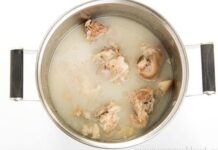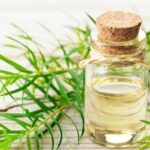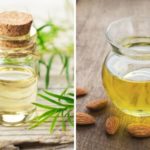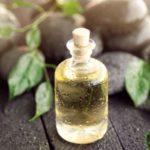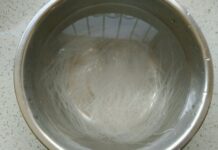If you’re experiencing facial swelling, there are a few simple remedies you can try. Drinking ginger tea, applying turmeric powder, or using essential oils are just a few examples. Learn more tips and tricks in the article below.
There are many reasons why someone might experience facial swelling and edema. It could be due to external factors or allergies, but it’s undoubtedly an embarrassing condition that affects one’s confidence in social and professional settings.
In this article, we’ll explore five easy and quick remedies to reduce facial swelling and edema. But first, let’s understand the causes behind this condition.
1. Causes of Facial Swelling and Edema
Facial swelling and edema occur when there is a buildup of toxins and fluids in the body. Here are some of the main causes:
Allergies: According to Vinmec International General Hospital, allergies can be caused by using incompatible cosmetics, consuming certain foods, or undergoing aesthetic procedures. It can also be a side effect of other conditions such as nasal allergies or sinusitis.
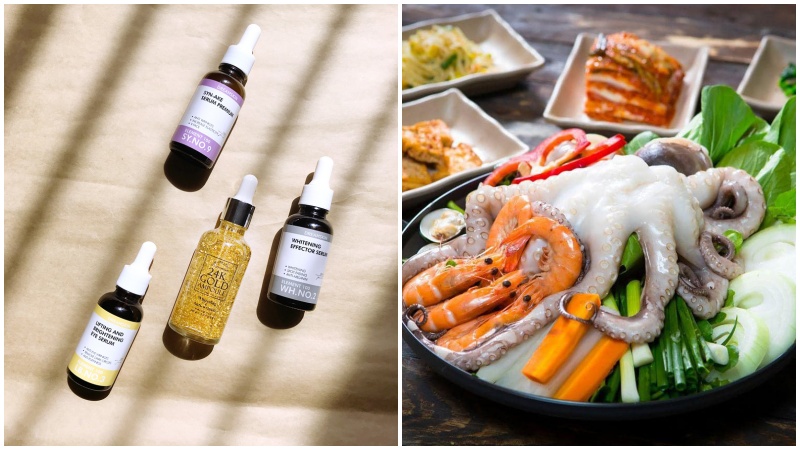 Allergies caused by cosmetics or seafood consumption
Allergies caused by cosmetics or seafood consumption
Medication Side Effects: Certain medications, such as corticosteroids, irbesartan, and losartan (used to treat high blood pressure), and non-steroidal anti-inflammatory drugs containing aspirin, ibuprofen, or naproxen, can cause unwanted side effects, including facial swelling.
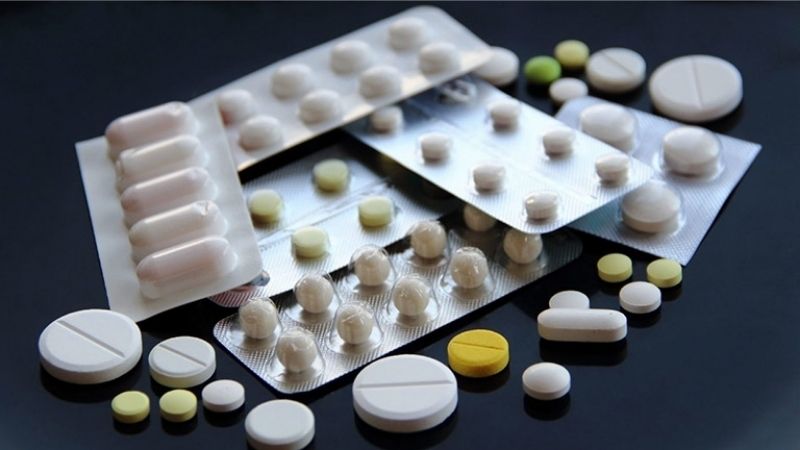 Certain medications can cause facial swelling
Certain medications can cause facial swelling
Underlying Health Conditions: Issues related to cardiovascular, liver, or kidney diseases, as well as malnutrition, can lead to fluid retention and loose blood, resulting in facial and limb swelling.
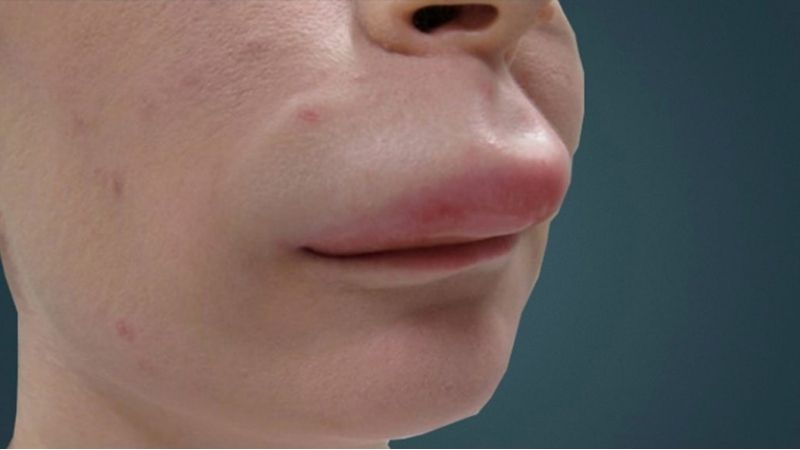 Certain health conditions can cause facial swelling
Certain health conditions can cause facial swelling
Other Factors: Fatigue caused by overwork, severe lack of sleep, improper sleeping posture, and hormonal imbalances in women during pregnancy can also contribute to facial swelling. Additionally, an unhealthy diet, excessive salt or spice intake, and the use of certain substances can be triggering factors.
 Other causes of facial swelling
Other causes of facial swelling
2. Five Quick and Easy Remedies for Facial Swelling and Edema
Drink Coriander Seed Water: Coriander seeds are an effective natural remedy for inflammation due to their content of alcaloid, phytocholine, and sterol, flavones.
Instructions:
Usage: Drink this infusion once or twice a day for best results.
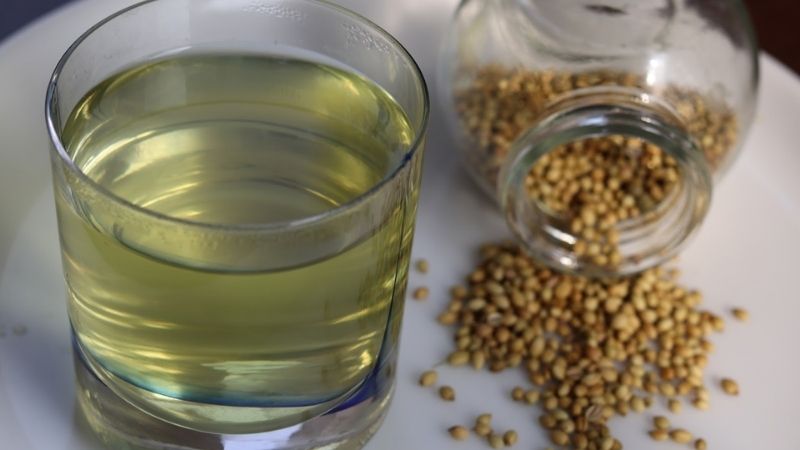 Coriander seed water helps reduce facial swelling
Coriander seed water helps reduce facial swelling
Apply Mustard Oil: Mustard oil, extracted from mustard seeds, has anti-inflammatory and antibacterial properties, making it ideal for treating facial swelling.
Instructions:
Usage: Repeat this process two to three times a day for quick and effective relief.
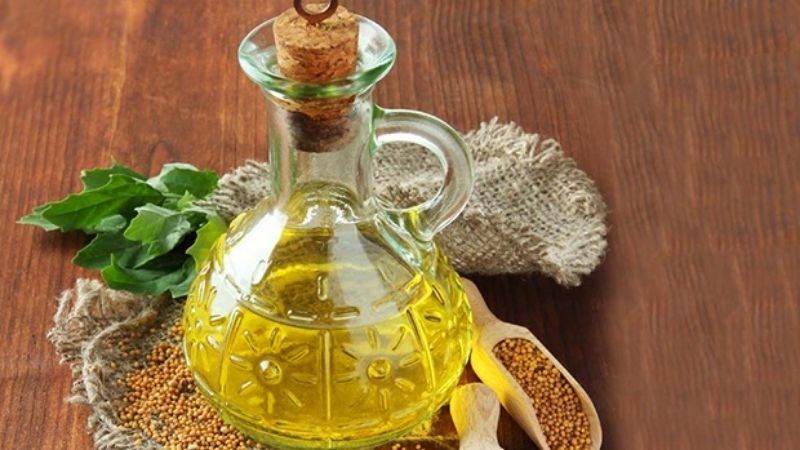 Applying mustard oil
Applying mustard oil
Use Tea Tree Oil: Tea tree oil, known for its antibacterial and anti-inflammatory properties, is excellent for reducing swelling and pain.
Instructions:
Usage: For best results, apply twice a day. Note: Ensure you purchase tea tree oil from a reputable source to guarantee its quality.
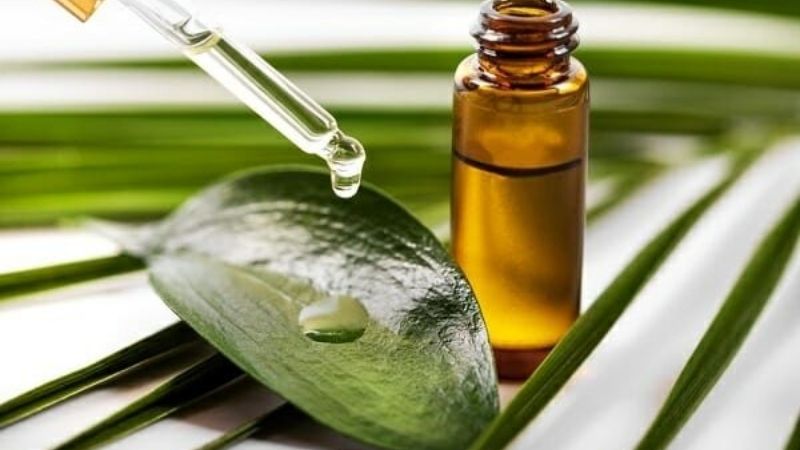 Applying tea tree oil
Applying tea tree oil
Hot or Cold Compress: Using a hot or cold compress can effectively reduce swelling. The heat helps improve blood circulation and provides a soothing sensation, while the cold causes the blood vessels to constrict, reducing fluid retention and providing instant relief from pain and swelling. However, it does not address the underlying cause.
Instructions:
Usage: Use this method two to three times a day to reduce facial swelling.
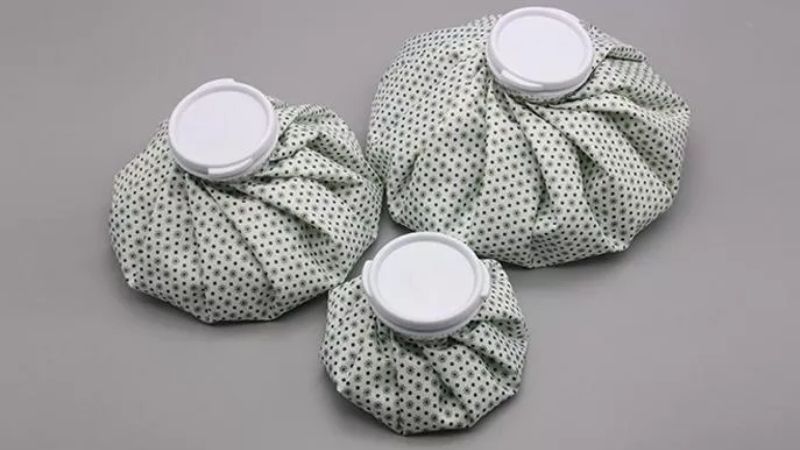 Using a hot or cold compress
Using a hot or cold compress
Drink Ginger Tea: Ginger is well-known for its anti-inflammatory and antioxidant properties, making it an excellent choice for reducing facial swelling and inflammation.
Instructions:
Usage: Drink this tea once or twice a day to reduce facial swelling effectively.
 Drinking ginger tea to reduce facial swelling
Drinking ginger tea to reduce facial swelling
3. When to Seek Medical Attention for Facial Swelling
If you experience any of the following symptoms along with facial swelling, it’s important to seek medical attention immediately:
- Abnormal breathing patterns, such as rapid or labored breathing, or chest pain.
- Inability to use your legs or persistent leg pain.
 Seek medical attention if facial swelling is severe or persistent
Seek medical attention if facial swelling is severe or persistent
4. Preventing Facial Swelling and Edema
- Maintain a balanced and healthy diet, avoiding foods that trigger allergic reactions.
- Avoid overworking and getting insufficient sleep.
- Practice good sleeping habits, including using a comfortable pillow and adopting a proper sleeping posture.
- Maintain good oral hygiene to prevent dental issues.
 Preventing facial swelling
Preventing facial swelling
In conclusion, we’ve explored five simple and quick remedies to address facial swelling and edema. We hope you find these tips helpful and wish you the best of health.
Source: Vinmec International General Hospital
Remedies to Help Fight Acne”’>“Try These 5 Easy Natural Remedies to Help Fight Acne”
“Creating DIY Hand Sanitizer with Medical Alcohol According to WHO Guidelines”
With the rise of coronavirus pandemic, the demand for hand sanitizer has skyrocketed, leading many to make their own at home. The World Health Organisation (WHO) guidelines offer tips on how to make dry hand sanitizers to fight against illnesses, combining medical alcohol with other ingredients for efficient protection. Read on to find out what you need to know.













